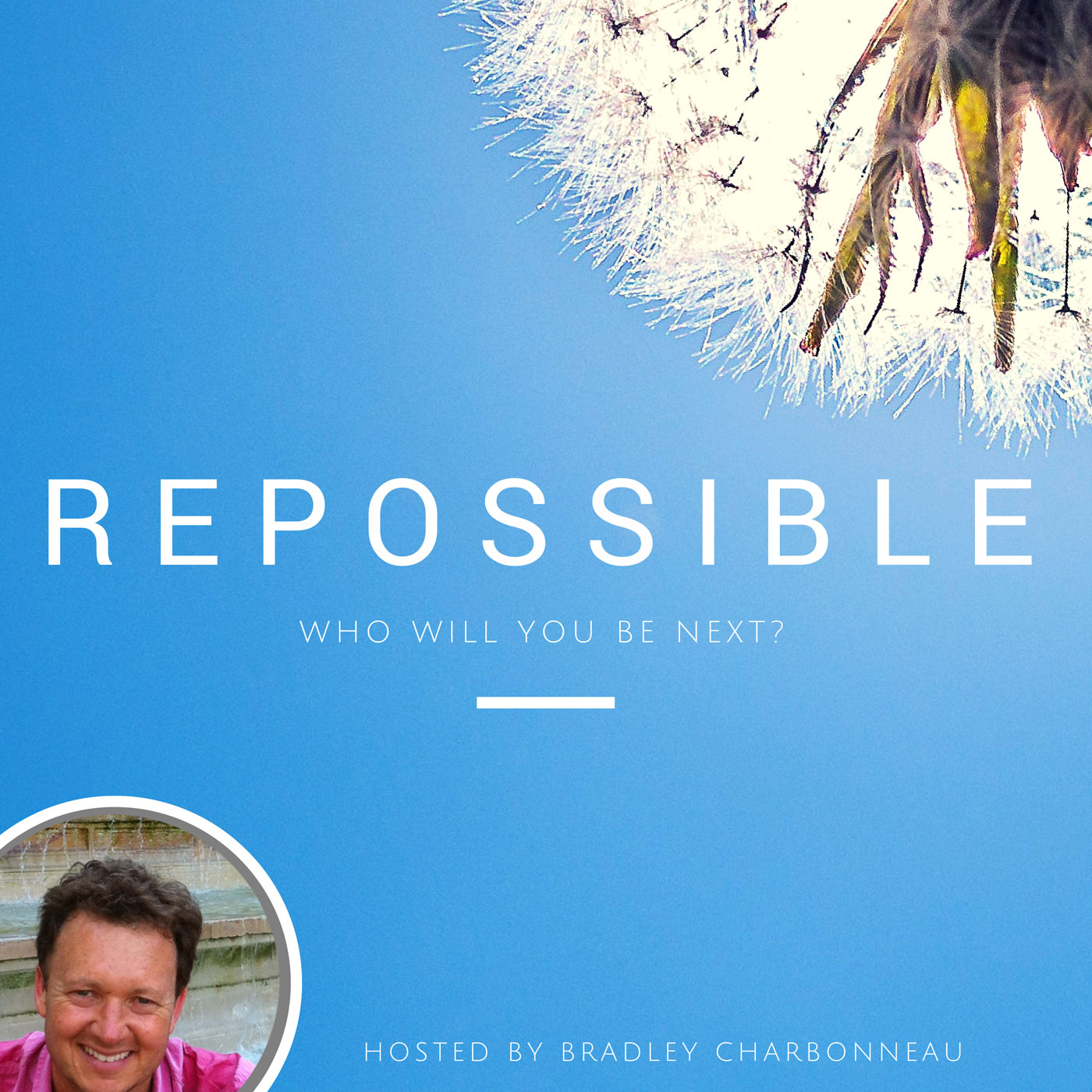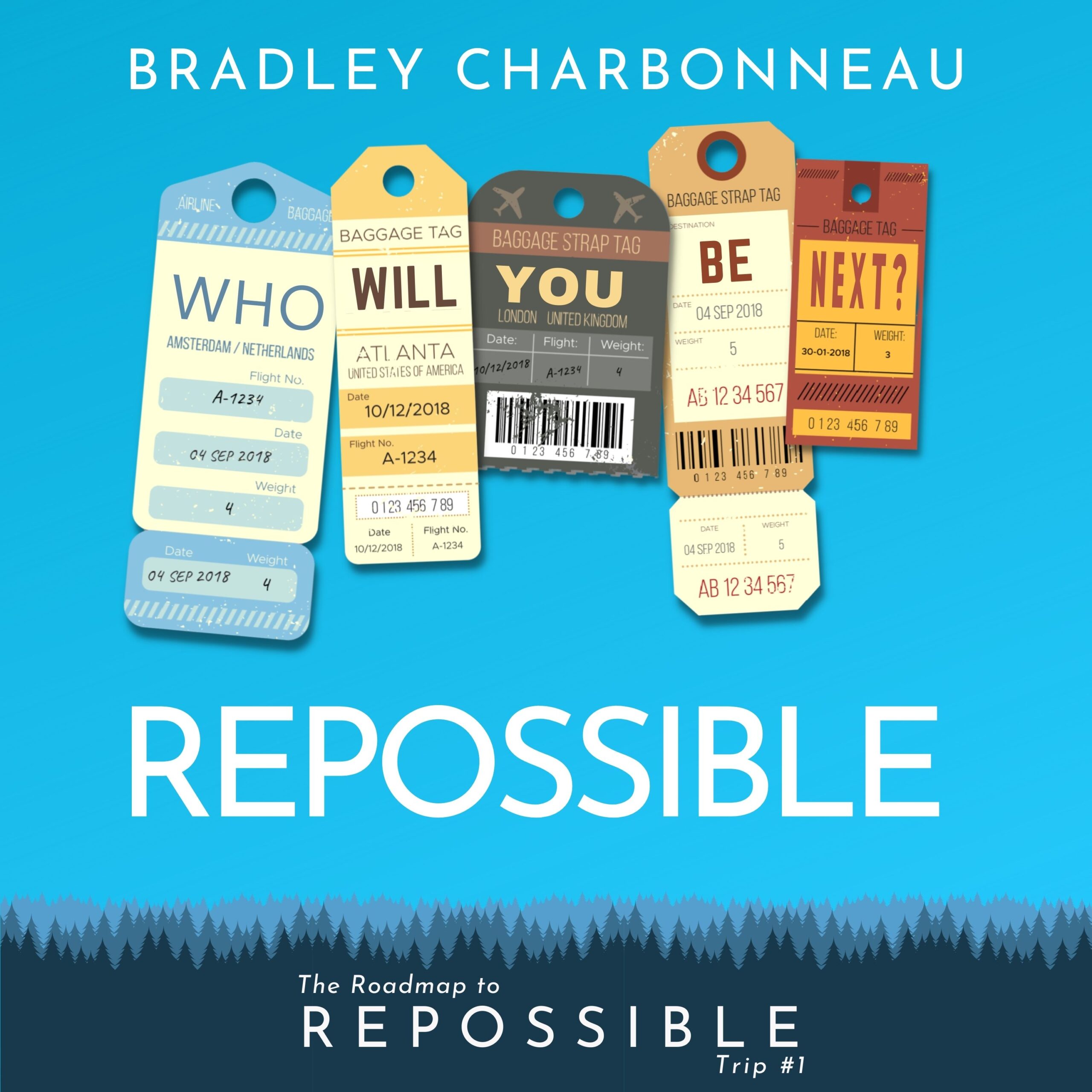Episode Transcript
[00:00:03] Speaker A: And here we are with Fiona. Hi, Fiona.
[00:00:07] Speaker B: Hey, Bradley.
[00:00:09] Speaker A: Fiona and I new here.
Wow, what a coincidence. We both happen to be here.
[00:00:15] Speaker B: What a coincidence. Yes.
[00:00:19] Speaker A: Okay.
Fiona and I, just to cut right to the chase here, Fiona and I are putting on a workshop together and I wanted to jump on here to talk about it. And also for I want to learn a little bit more about her element and then I'm happy to talk more about my element, but just as a sort of an infomercial, if you will, to use a really old term. Wow, I'm having said that word for years. An infomercial about, what are we doing? What is this workshop? Why are we doing this and why might you be interested in joining? We. Fiona lives in de Hague in the Netherlands. I'm outside of Utrecht in the Netherlands. This is going to be at the moment anyway. It's going to be an in person, real live event that we want to do in person. So if you're in the Netherlands, no.
[00:01:12] Speaker B: Voice recognition algorithms allowed.
[00:01:15] Speaker A: They will be checked at the door.
[00:01:17] Speaker B: And denied, deactivated at the door.
[00:01:24] Speaker A: So speaking of humor and AI, that is one of the elements we're doing. So it's called augmenting human skills in the age of AI. And I'm just going to give a little. I'm going to give my version of the background of how this came about. And I love sort of your take on it, Fiona. So. Yes, and then also I want to give you a chance to introduce yourself properly because I've just jumped in here blabbing away.
So I see this as Fiona. Fiona and I have known each other a long time. Fiona and I both recently have been doing improv and stand up comedy, and Fiona is the resident expert in AI. It's not just that. It's a fad that she picked up half an hour ago. She's been busy with it for longer than it's been so popular. And we were talking about how I've been doing. I've done toast. I've been president of Toastmasters twice. I have done Toastmasters for years. So regular public speaking, I've done stand up comedy and improv comedy, and we were both talking about how AI could help you create your content or organize your content or maybe even create some fancy presentation. I'm not an AI expert, by the way, but still, there's that element of great. I've got my presentation or my PowerPoint or my whatever in whatever media you're using to present. But now I human. I human. I need to go present to other real humans in real life, at my company or at my pitch, or even at my personal event, whatever it may be. And so that's where I was coming in with. Fiona's going to help you with the AI and the content, and she'll explain more, what else in a minute. And I'm going to come in with the human skills of presenting and some elements of public speaking and improv, using some improv comedy techniques, as well as even some stand up comedy techniques to help get that message across from a human to a human audience. And we are going to do this in a very human way, in person, with very much real stage time. You know, you're not just going to sit in the audience and listen to us blab on for hours. There's going to be real stage time with real evaluation and feedback from real humans like Fiona and me. And that's what we're looking to do. Yes, I'm done.
[00:03:53] Speaker B: Just, like, back up a little bit. Like, why are we doing this?
[00:03:56] Speaker A: Yes.
[00:03:56] Speaker B: And that is, there's a lot of talk about AI and tools, and we're jumping into this new world, and we're all learning about the tools, what they can do for us. And as they come online and they become part of our workflow, we find that we are separating ourselves into two we've got our AI assistants, we got our human part, and we're starting to understand in our general workflow, what is the AI good at and what it's not good at and what the human is good at and not good at, or we don't like to do. We're good at everything, but there's things that we like to do and things that we don't like to do. So the ideal way of using AI is to sort of split your tasks straight down the middle. What do I love to do? What am I good at? What do I hate to do? What am I bad at? And usually the things that you love to do have to do with the human interaction, the connection, the inspiration, the live presentation, the live training, all these things that humans like to do with each other in the live space. And we're seeing that more and more business activities are coming in the live space. We're getting a little burnt out with our webinars and our online trainings, and you see a real need to become, you know, to come together as humans. So this was kind of a brain baby that we had sitting talking about how we humans need to pull up and augment the things that we love to do. And we're good at and make the human more human so that we can push all this other admin stuff to the side. And so we split up this workshop in two, which will explain what AI is, what it does, how it works, how you use it, some good tools, and then how you get all your boring, yucky stuff into the bots and so you can do the fun stuff for yourself. And the way we split this up is so that you can take whatever you have going for you. You have a great sense of humor, you have great personal skills, whatever. Just pushing that up, learning techniques like stand up, comedy, improv, great presence and presentation. And then we have a full roundup, and you'll walk away as a cyborg, half AI powered, half human. At the end of the show.
[00:06:17] Speaker A: A small implant. There is a small surgery, surgical procedure.
[00:06:21] Speaker B: Speak to your leader. Yes, that's the plan.
[00:06:24] Speaker A: Sign the disclaimer for the surgical procedure.
[00:06:27] Speaker B: Hey, we won't track you right here.
[00:06:30] Speaker A: You see my chip, the tracking element is only about. Only good for 14 days. And then after that, you're on your own.
[00:06:39] Speaker B: Yeah, yeah, yeah. Exactly.
[00:06:41] Speaker A: I love this.
I love how you put that about also splitting up the. What I don't like to do and what I do like to do and what I'm good at or what I'm not good at. And ideally, because I am looking to your guidance for, like, how do I help? How does AI help me with the stuff I don't like doing and. Or how do I like me? I am very much, like, at my core, I'm an improv artist, and I just. I am totally fine with jumping up on stage and winging it. Right. And I do fine. Right. I've got my basic elements of the content I want to get across. I'm just going to wing it. And because I'm experienced in improv, I'll do fine. Right.
[00:07:19] Speaker B: Yeah. That is a rare thing. Let me say. Exactly 75% of people rate speaking in front of an audience as scarier than death.
So that is a very. And then stand up is, like, next level public, scarier than, you know, slow death.
[00:07:40] Speaker A: Let's have. Let's have rankings of death.
So let's make the death even worse.
So, and this is why also that this is going to be such a fun workshop, because you also have. You can help bringing that AI element onto the human element stage. And then that's where. Because you and I both do a lot of public speaking, and we've done stand up and improv, and so that doesn't scare us. And we're going to help you, dear participant, with having less fear and having less rather die than do this through some of the techniques and skills that we are going to do live.
[00:08:19] Speaker B: And AI will never be able to do a public presentation, you know, unless. Unless you see, like, a Tesla robot out there. But they're not very inspiring. You know, I wouldn't. I wouldn't follow a Tesla robot, you know, on a. On a keynote. Like, so that's where we humans, we have to get better. You know, we have to get better at these skills, whether we like it or not.
[00:08:42] Speaker A: You know, you said something really cool. You said, how do we be even more human? Because the stronger, you know, more about AI than I do. But the more AI gets embedded and the more an AI is. Is getting smarter and doing more of whatever it can do.
What's our. What's our competitive advantage as humans? And I? I think the answer is to be more human.
[00:09:05] Speaker B: Yes. That is something. We're taking a very hard look in the mirror, and we're saying, well, what is our added value as a human? Because we have this tool that right now is able to outdo us in many, many thought worker kind of things. And so what are we bringing to the table that's better than a bot? Like, you know, already we're seeing, it's better translator, it's better at writing code, it's better at our own games. You know, it can even be this instratejo, which is like the art of lying to each other and fooling us. So it's going to get harder and harder to say, hey, you know, I have value that I'm bringing to the table, and, you know, hire me at a cost rather than get it for free. For an AI that doesn't have an opinion, doesn't go on vacation, doesn't give attitude, you know, and, like, so it's hard to compete with. It's hard to compete with free, immediate, perfect, and no attitude.
[00:10:01] Speaker A: Yeah. And then, so, for example, some of the content that I'm going to help with is that I recently did a mini workshop on presenting, and I had ten of the participants. They all presented the exact same content, and so the content was no longer the differentiating factor. Just like if AI. What if we all did the same prompt?
Give me a five part presentation that's going to last half an hour about baking an apple pie. Well, now all ten of the presenters have the apple pie content, so now it's up to you. Each individual of the ten is, how are you going to present that. And so I had ten people do the exact same content of the presentation, and yet I had them do it in different styles.
This was a form in the style of a TEDx talk in the style of a. You just won the Oscar in the style of a Julia child zombie cooking program to explain how to do it. So they all had the same content. It was in different styles. And this is also. Sure, we can ask AI, paint the picture in the style of Picasso or write the presentation in the style of Mark Twain. Yep. But still, that human is going to have the style, and ideally, that style is going to be more individual or you as a human.
[00:11:27] Speaker B: Yeah.
[00:11:27] Speaker A: Really nice, dear human friends, but that's what we're doing.
[00:11:32] Speaker B: Cool. I'm really excited.
[00:11:33] Speaker A: Yeah, I'm really excited about it, too. I think we've got a really fun balance of Fiona, AI, and Bradley, and stage presence and building off of those two so that you go away from the workshop with elements of both. And Fiona is also going to talk about some tools that we can use to gather the content to do the things that AI does best. And then I will also talk about presenting techniques and stage present and stuff like that. So it's a really neat combination.
[00:12:07] Speaker B: And we're going to have food. We're not going to have any fun at all. And there's going to be food. And, I think, places to park. Right. So, yeah, that's parking.
[00:12:16] Speaker A: Super easy to get there with public transportation as well. There. A five minute Walkman train station. We'll have all the details about timing and pricing and dates and whatnot down below in a link. And. Yeah, and we'll also, oh, we'll even have a, an early bird coupon. So if you, if you see below and it's still early, then we will have an early bird coupon there for you as well.
That's it. I think that sounds great. I'm looking forward to it, Fiona.
[00:12:42] Speaker B: Me too. Really excited. All right, great.
[00:12:45] Speaker A: Thanks for hopping on here with me. Bye for now.
[00:12:48] Speaker B: Okay, bye.


